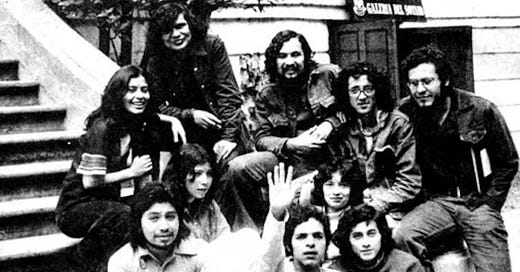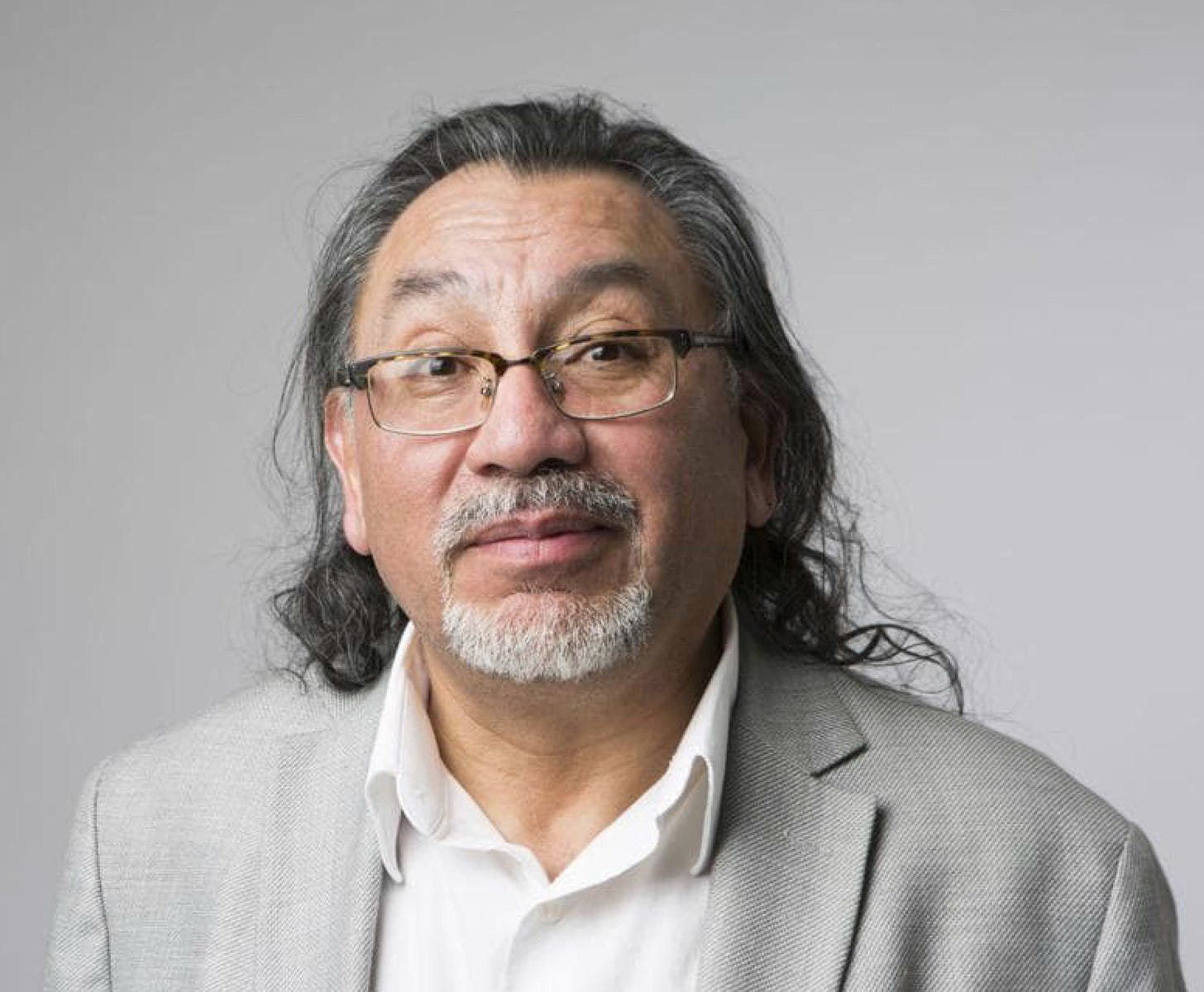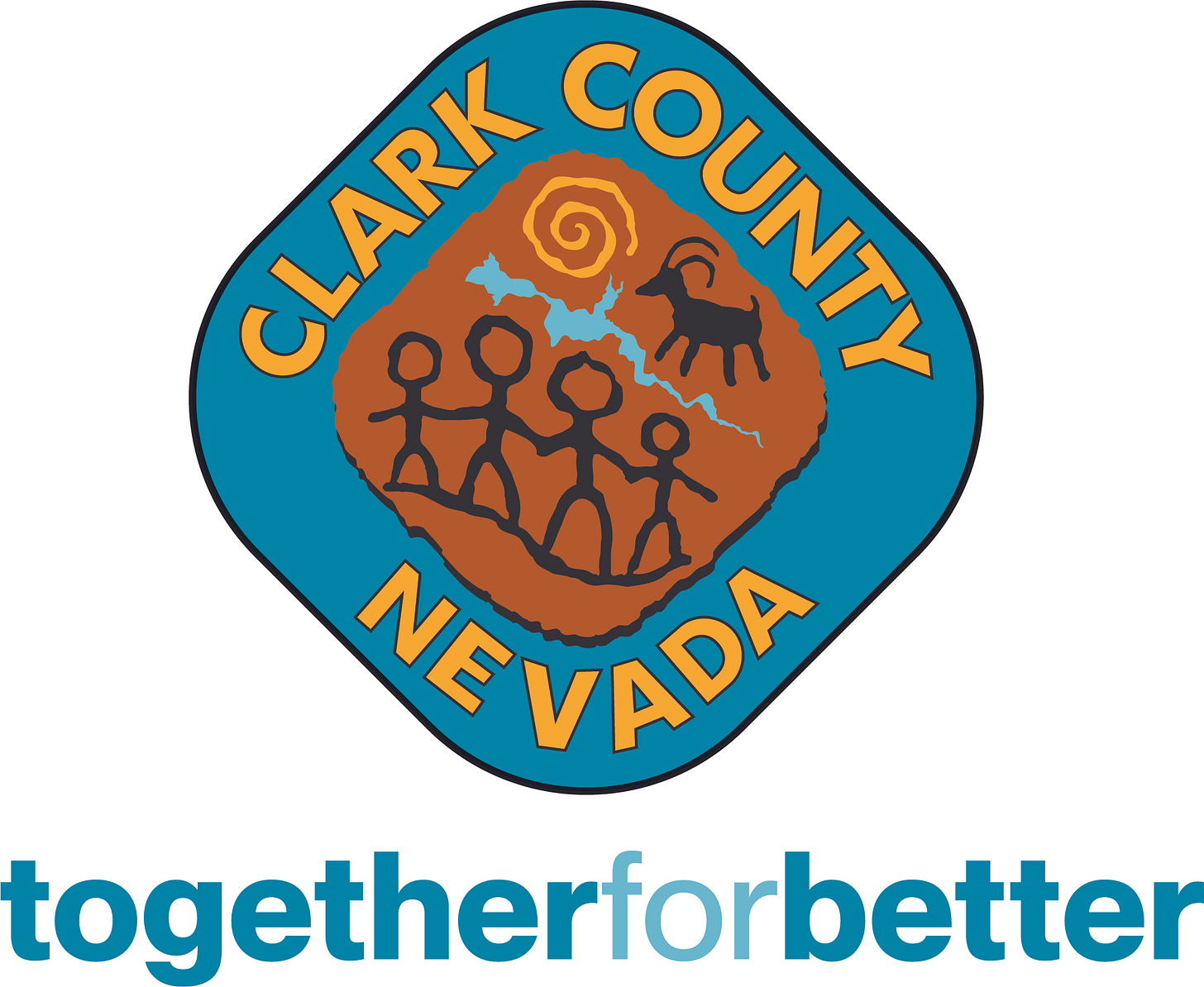We are thrilled to have the Mexican Infrarealist poet Rubén Medina in Las Vegas for a reading Saturday. The reading will be available both in-person and via Zoom. To see Rubén read in-person, simply show up at Winchester Cultural Center, 3130 McLeod Dr., Las Vegas 89121. To access the reading via Zoom, simply click on the link below at the appointed time.
Rubén Medina English-Spanish Poetry Sat. October 12 2:00 PM PDT
To Join by Telephone: (669) 444-9171
Meeting ID: 863 2379 0651
Passcode: 751557
Rubén Medina was born in 1955 in Mexico City, and is a poet, translator, and scholar who teaches at the University of Wisconsin. He has published a book on Octavio Paz, translations of the Beat poets into Spanish, and more. He is notable as one of the founders of Infrarealism, a proletarian Spanish language movement that started in the 1970s, perhaps at La Habana Café in Mexico City. This was a group of ‘outsider artists’ who were totally mad for reading, writing, and publishing poetry. Many went on to interesting work in various genres, including the popular breakthrough novel The Savage Detectives by Roberto Bolaño. The novel tells the story of the Infrearealist poets and Rubén Medina is characterized as Rafael Barrios in that book. The Infrarealists experienced a diaspora, to Europe, Africa, and in Rubén’s case, the U.S.
From left to right: Margarita Caballero, Mario Santiago, José Rosas Ribeyro, Roberto Bolaño and José Vicente Anaya (above). Rubén Medina, Dina García, Ramón Méndez, Guadalupe Ochoa and José Peguero (below).
The fire that is Infrarealist poetry still burns, especially in the anthology edited by Rubén, Perros habitados por las voces del desierto (2014) [Dogs Inhabited by the Voices of the Desert]. Infrarealism shares a foundation with Rimbaud, Dadaism, the Surrealists, the Beats, and other international movements of upheaval that revolutionized modern culture. His own poetry strikes me as brilliant, heartfelt, and providing the outsider’s view of feeling that is what America could really benefit from understanding. This is the beginning of a long poem in a bilingual edition called That Quetzalcóatal went up north [Aquel Quetzalcóatl se fue pa'l norte].
On the road I lost my last name, the phosphorescent outline of an impossible poem, and several adolescent and masculine complicities. I lost the first dreams. The habit of living for the next year. The confidence in rationality and that kind of dialectic that progresses in a straight line. I’m left with only this body knowing that I’m alive, so small and so immense all once vulnerable as a tree on the avenue. On the road I lost my last name and since then they call me That Quetzalcóatal. I dwell on the border between the last Utopia and the Reservation. Here the night appears like a secret minefield that goes on doing and undoing through the holes of time: And Oscar Zeta Acosta and Parménides García Saldaña are twin brothers separated by whimsical accidents of geography and money and Oscar is a Mexican who writes in English and Parménides is a Chicano in the Mexican metropolis who writes in Spanish Charles Bukowski seems to be the gringo version of Efrain Huerta but in fact his twin is Tom McGrath and Tom's the one I see at seventy-something dressed in denim and smoking as if condemned to death outside some Minneapolis bar. Mara Larrosa is a poem that never ends, the novel we all wish we could write at the age of 19 and the wonder of sensing her just out of a shower of honey water & cinnamon And the young Jew Sami Rosenstock leaves Romania on a rainy night in July 1915 and when he arrives in Zurich he answers to the name of 'Tristan Tzara. And some poets want their words to burst forth from their books and echo through the streets a chaotic and phosphorescent traffic signal that marks the way of lost dreams, a wound in the face of life caressed by the lascivious wind... ~
You can see how this poem links the dreams of writers and youth in a way which is international and compelling. There are sections that become even more sharp in their contrasts between the worlds of poetry success with the true, desperate feeling of being human. This excerpt has more in common with Rimbaud’s letters to Izambard summing up the game of European poetry:
...And Latin American poetry is still a kindergarten a garden of prizes and complacencies for children who have only recently discovered orality and that the poem can be a door to the abyss and professional suicide. And American poetry is a high school reunion attended every ten years by the same old poets And French poetry Does French poetry even exist?... ~
I love to see poets tell the truth to one another about how empty it can feel to live and work and write in this modern world. Only good can come from telling how it feels. The poetry of Rubén Medina teaches me how, at base, our desires and perceptions are amazingly similar across cultures and circumstances, if only we can write them well enough.
Come out, dial in, a unique opportunity to hear a poet with historical weight, a brilliant mind, and allegiance to what we’ve all lost from the sentient world. A multicultural epitome of epiphany! An indelible diaspora! Be there!
Hope to see you at Poetry!
Our weekly workshop events are sponsored by Nevada Humanities and the National Endowment for the Humanities. Our in-person workshops are further supported by Clark County at Winchester Dondero Cultural Center. Thank you!Bruce Isaacson
Poetry Promise, Inc.
a 501 (c)(3) Corporation
Phone: (702) 205-7100
Bruce@PoetryPromise.org 







